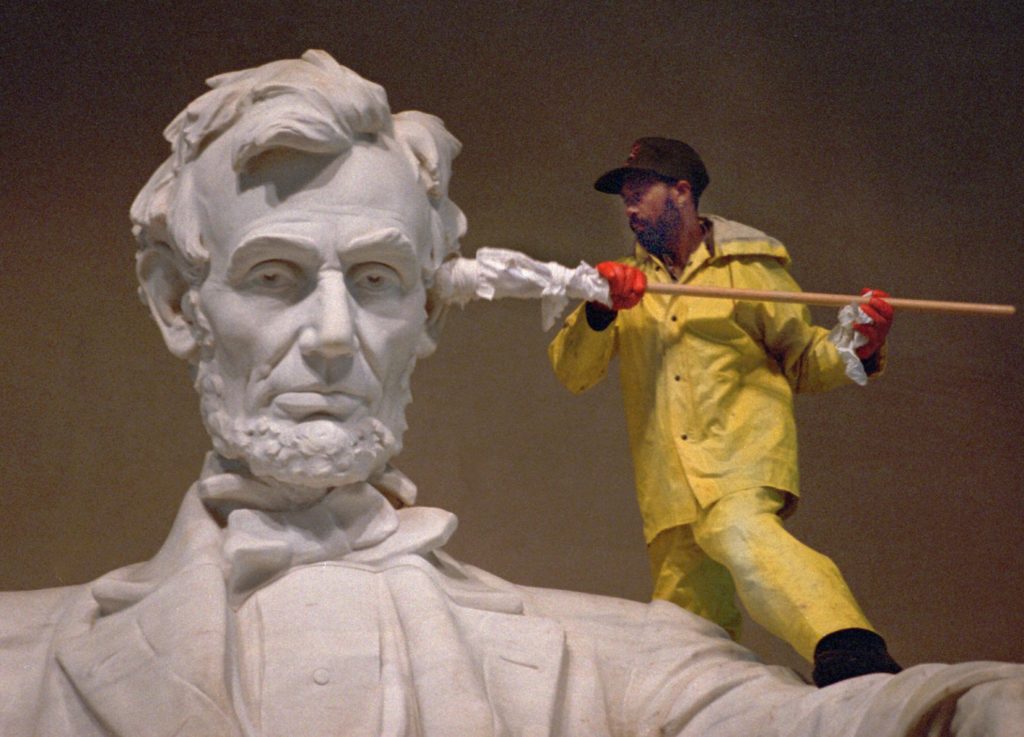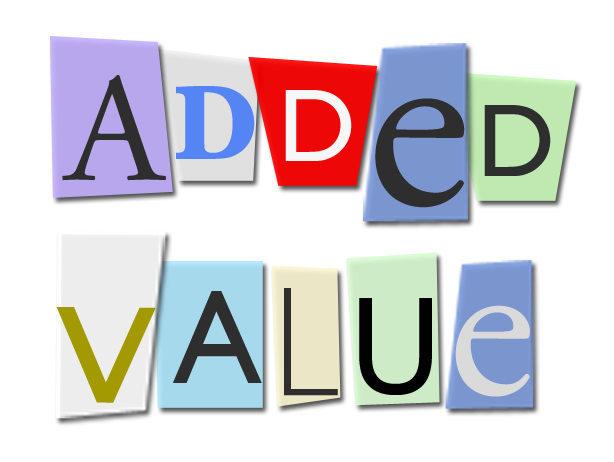What kind of job are you going to get with an English degree (or a degree in History, Classics, Religion, Music, Art History, Anthropology, Philosophy or French)? You’re wondering. Maybe your parents are too.
Or then again: you studied the humanities and now you’re 10 or 15 or 25 years out of school. But every workday, you feel like you need a crash course in technology, social media, marketing, engineering and accounting? Why does what you studied seem to have so little value? Why do all these other things seem so important?
What you learned by studying the humanities does have value—tremendous value. But there are many reasons you might not think so, and a brief look at some of them might be helpful before discussing how the humanities can bring the greatest value to your job today.
The Industrial Revolution kicked off an explosion of technological advancement that has only accelerated in our lifetimes. (It’s x amount of memory on that chip today, twice as much tomorrow, and so on.) At the same time, advances in science created an experiment-based way of explaining the world that clashed with—and has now largely overtaken—a faith- or story-based worldview, at least in so-called “advanced societies.” (It’s less church attendance and more individualized spirituality, when faith remains a part of our lives at all.)
In their upward trajectory, technology and science were also vastly improving our standard of living. At the same time that questions of meaning and purpose became more personalized, many of us were also feeling that we no longer needed the humanities to improve the quality of our lives. Technology and science were attending to our material comfort along with our wellbeing.
Or so we thought.
Several writers have lamented the sidelining of the humanities. For example, Anthony Kronman has argued that as the arts have lost their prominence in our schools, we have almost lost the ability to develop an important dimension in our lives.
Where education used to mean exposure to a canon of Western thought to help students determine “how I should live my life,” that canon has increasingly come under attack. Some viewed it as propaganda from a group of white, Eurocentric oppressors, while others challenged these texts for presenting “subjective” interpretations of reality instead of the “objective” (and therefore more reliable) view that science and technology provides.

So in the face of this powerful onslaught, where is the value in your English degree?
Its value is to give you something that science and technology never can: a personal story that gives your life as well as your work both meaning and purpose. Despite our human flaws and ultimate mortality, the story you’re writing recounts how you can make a difference for yourself and others in your community by what you chose to do everyday. Through the humanities, you have lifelong access to role models and ideas that help you to live a good and fulfilling life.
It is the insight gained from these stories that business needs the most today.
In his “How to Avoid a Bonfire of the Humanities,” Michael S. Malone notes that since the best products and services aim at meeting real human needs and making our lives better, the best way to bring them to market is with stories that resonate in people’s lives.
Given the dominance of science and technology and its associated impacts today, fewer people know how to find what’s meaningful on their own, and fewer still can deliver it to them. Asked what made his company special, Steve Jobs said: “It’s in Apple’s DNA that technology alone is not enough—it’s technology married with liberal arts, married with the humanities, that yields us the result that makes our heart sing.”
Think about it. It’s not what the product is that makes you buy it, or how you use it, but why it makes your life better. (Simon Sinek’s much-viewed TED talk is about just this point.) Your humanities degree has economic value precisely because it enables you to understand “the why.”
Where the English major is needed is at the intersection between the company and its customers. Having studied “humanity,” you have the ability to focus your company on meeting basic human needs in ways that neither science nor technology ever can. It is a priceless perspective that is needed in marketing, sales, and customer service, but also at every stage of product development and design. Again: Apple ads, Apple stores, and Apple products satisfy Apple customers as much as they do because of Apple’s English majors.
Malone concludes his “Bonfires” article by noting that in the future the market advantage will go to companies like this:
that can effectively employ imagination, metaphor, and most of all, storytelling. And not just creative writing, but every discipline in the humanities, from the classics to rhetoric to philosophy. Twenty-first century storytelling: multimedia, mass customizable, portable and scalable, drawing upon the myths and archetypes of the ancient world, on ethics, and upon a deep understanding of human nature and even religious faith.
The humanities have been undervalued and shunted aside, but what they have given us is more essential in the best jobs than ever. Far from putting you at a disadvantage in the workforce, they give you a powerful advantage. And the places where you should want to be working know it.




